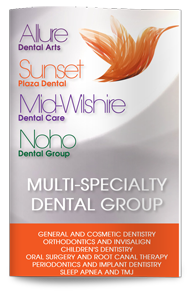Effects of Chewing Tobacco on Oral Health

Most people know that chewing tobacco is full of carcinogens, but some are unaware that this habit also has damaging effects on the teeth and gums. Furthermore, chewing tobacco can limit eligibility for certain dental treatments. Here is more about how oral health is harmed by chewing tobacco.
Chewing Tobacco and the Teeth and Gums
In the short term, chewing tobacco can stain the teeth severely because of its high tannin content. Sugar-sweetened tobacco can also boost plaque, which collects pigments and contributes to discoloration. This plaque encourages development of cavities and gum disease, which can progress to serious infections and tooth loss. Finally, oral cancer risk is increased drastically from chewing tobacco.
Treatment for Patients Who Chew Tobacco
The increased risks seen in tobacco chewers make preventive treatment more important, but candidacy for certain treatments is reduced in this population. If surgical treatments are required for advanced gum disease or tooth decay, healing may be hampered afterwards by the nicotine in tobacco. Despite being at higher risk of tooth loss, these patients also may not be able to receive dental implants, as healing in the gums and jaw bone may not fully take place.
If you chew tobacco, you will help promote the health of your teeth and gums by quitting. Preventive treatments, such as increased exams and cleanings, may help mitigate these oral health risks. You can schedule a consultation with our dentist to learn more about options in preventive dentistry and periodontics, which are especially valuable for patients who chew tobacco.
Back to Blog





